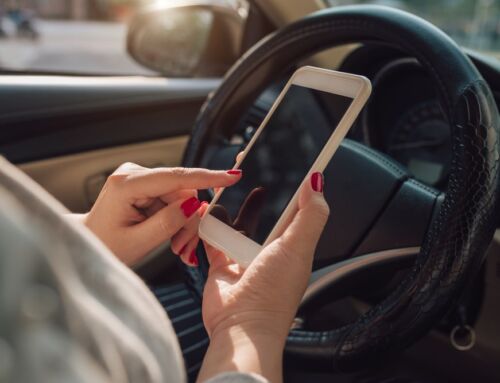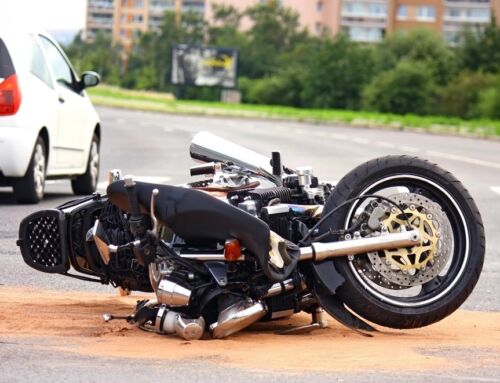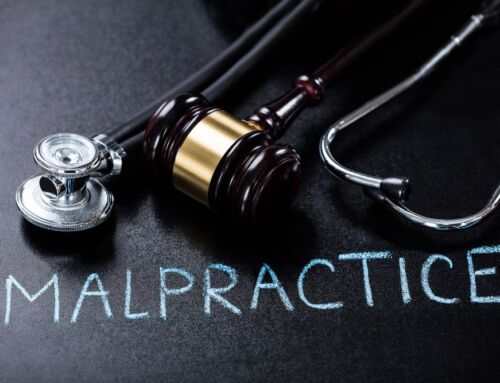When a car crash involves alcohol or drugs, the legal consequences can quickly multiply. A driver facing DWI charges may also be at the center of a personal injury claim, especially if others were hurt in the crash. These situations bring together criminal and civil issues that can affect victims, drivers, and the outcome of any related claims.
Our friends at Lai & Turner Law Firm PLLC discuss how DWI-related accidents can raise legal questions about responsibility, evidence, and the connection between criminal charges and injury compensation.
Criminal Charges And Civil Claims Are Separate
When someone is injured as the result of someone else’s criminal actions, the criminal activity is a completely separate case to the personal injury claim. A person arrested for driving while intoxicated may face jail time, fines, or license suspension. At the same time, anyone injured in the crash can pursue a separate claim for damages, including medical bills, lost wages, and pain. This means that if the person who caused your injuries is facing criminal charges, you can still file a civil claim.
Even if criminal charges are dropped or reduced, an injury claim can still move forward. The burden of proof is lower in civil cases, meaning the injured party doesn’t have to prove guilt—only that the other driver’s actions led to harm.
How Evidence From A DWI Case Can Help
Evidence from the criminal side of a DWI case may support a personal injury claim. For example, if the driver failed a breath test, admitted to drinking, or was found with an open container, those facts may help show they were at fault for the crash.
Police reports, witness statements, and field sobriety test results are also useful. However, this information isn’t automatically available in a civil case—it may need to be requested through legal channels.
If you or someone you love was injured by a negligent and intoxicated driver, a car accident lawyer can collect and use this information to build a stronger case for the injury victim.
What Happens When Someone Is Hurt
When a person is injured in a DWI crash, their medical treatment should always be the first priority. After that, it’s helpful to gather documents like hospital records, treatment plans, and time missed from work. Photos, witness names, and police records also provide valuable context.
The civil side of the case may involve insurance companies, and settlement offers can vary widely. If the injuries are serious or the long-term impact is unclear, it’s wise to speak with someone who can evaluate the full scope of the loss.
Why Legal Representation Matters
If you have been arrested for driving while under the influence, a dwi lawyer may focus on how the arrest was handled or whether the driver’s rights were respected. But for injury victims, the focus shifts to physical harm, emotional distress, and how the crash has changed day-to-day life.
A car accident lawyer can explain what compensation may be available and whether legal action is necessary. These professionals also know how to protect against tactics that downplay injuries or shift blame.
When both criminal charges and civil injury claims are on the table, each side brings its own goals and standards. Knowing how the two connect helps clarify what to expect and how best to move forward after a DWI-related crash.





